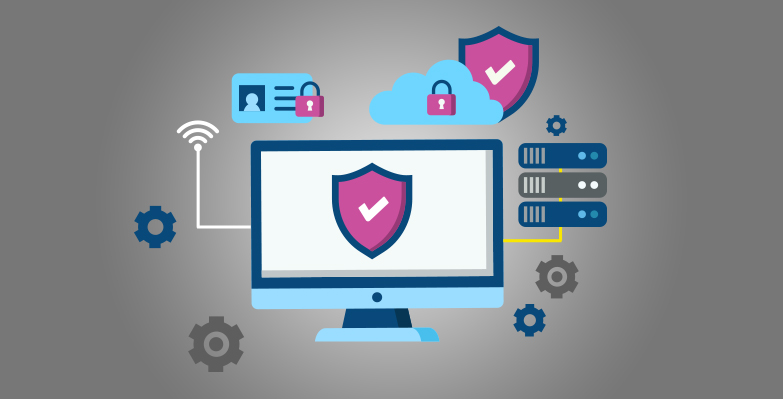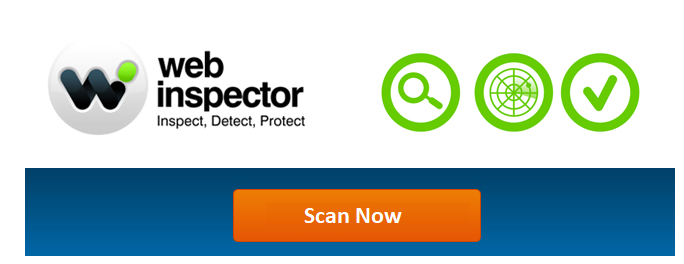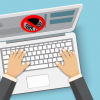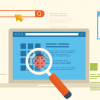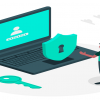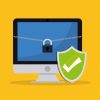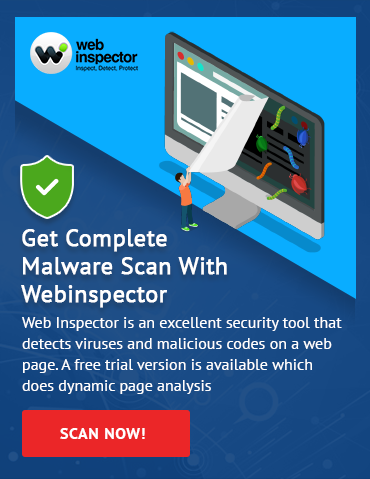In today’s ever-evolving cyber threat landscape, protecting your website from hacking and malware attacks is not an easy task. Because your website is one of your business-critical assets, you need to take every precautionary step possible to ensure that it functions smoothly.Read more about How to secure a website and tips on website security
10 tips on How to secure a website
Cyberattacks can happen at any time. Here are 10 simple tips to keep your website protected from malicious hackers:
- Back up your site routinely
- Keep your website up-to-date
- Use a secure host
- Use a strong password for admin access
- Never log in from a public, unsecured network
- Keep your website clean
- Thoroughly test for vulnerabilities
- Function level access control
- Scan your website regularly
- Protect your website with a comprehensive security solution
#1 Back up your website routinely
Although you will no doubt want to keep your website backed up routinely and regularly in case of any kind of corruption or malfunction, keeping an up-to-date copy is especially needed to recover from a cyberattack. In case of such a hack, you’ll want to replace your compromised website and web applications with a backup that was made before the infiltration occurred.
#2 Keep your website software up-to-date
To secure your website you need to keep all the scripts and plugins that you’ve installed up-to-date. Most hackers target vulnerabilities in popular web software, so outdated software drastically increases the chances that your site will get hacked.
The creators of your website software will typically provide security patches when a security hole is found, but you need to update the copy of the software that you are running. So, it is crucial for you to keep abreast of updates and install them for every type of software, plugin, or theme that you use on your website. If possible, set up automatic updates for your actively running software, and sign up for security notifications.
#3 Use a secure host
It’s important to choose a secure host for your website. If you use a hosting service, make sure that the service has systems in place alerting them of cybersecurity threats, and processes in place to counter them. In case your site is compromised, your host should have a backup of your data on a remote server.
Similar to the web host, you should also secure your database as it stores key information about your website. Use a strong, unique password, and change passwords to your database management system frequently.
#4 Use a strong password for admin access
Since hackers use advanced password cracking tools that use brute force to crack passwords, it’s very important to use strong passwords for administrative (admin) access.
Passwords of at least ten characters with a combination of numerals, special characters, uppercase and lowercase letters are most secure. Don’t use easily-guessed passwords like your birthday or your name. You should also enforce this password policy throughout your organization. Look into using password management software that can help you create hard-to-break passwords.
#5 Never log in from a public, unsecured network
Never log in to your website from a public computer or WiFi network. Public computers, such as in a school or library, and free WiFi networks like those in airports are especially vulnerable to cyberattack. When you log in to your website from a public computer, you make it easy for others who might use the same computeror be on the same network to steal the admin credentials.
#6 Keep your website clean
Hackers can infect the outdated software that you keep “hanging around” on your web server, even if the old version is not in use. So besides keeping all the software, including themes and plugins up-to-date, remove any files that are no longer in use.
#7Thoroughly test for vulnerabilities
Many website scannerslook for typical vulnerabilities, but this alone isn’t sufficient to prevent sophisticated malware attacks. It’s critical for organizations to conduct proven security testing procedures like using comprehensive web vulnerability scanners, web proxies, and related tools.
#8Include function level access control in code
Website developers should write their code to require proper authorization when a function is called on the server. If a user can access unauthorized functions from the user interface, if server side checks rely solely on information entered by the user, or if server-side authentication is missing altogether, then your website is vulnerable to unauthorized access.
#9 Scan your website regularly
If your question is how to secure a website , then the solution is scanning your website regularly to get notified on all hidden malwares present.Scan your website regularly for vulnerabilities. You should perform a security scan after you have made any changes or addition to your website components. Many website scanners exist, but make sure that the one you use is comprehensive and kept up-to-date with detection for the latest malware.
#10 Protect your website with a comprehensive security solution
Not only should you perform regular website scans, you should also make sure other protective measures are in place for your website, such as a web application firewall (WAF), a security information and event management (SIEM) system, and real-time monitoring for intrusions. A WAF keeps unauthorized software away from your website components. A SIEM detects potential cyber threats and provides monitoring and security event management.
A free and reliable scanning solution
Use Comodo Web Inspector, a cloud-based malware scanning tool for websites. With advanced threat detection capabilities and both static and dynamic machine learning-based signatures, Comodo Web Inspector detects even the most sophisticated malware and hidden vulnerabilities that are often left undetected by other free malware scanners.
Simply enter your website domain and start scanning your website for any potential threats. To start protecting your website, try Comodo Web Inspector today!Now you know more on How to secure a website ,check how Webinspector helps you with free Website Malware Scanner and provides complete website security.
Comprehensive security: Comodo cWatch Web
Beyond scanning your website, aproactive solution that you can take to further protect your website is to use Comodo cWatch Web, a full-featured,managed, cloud-based security system. cWatch Web includes scanning,an advanced, AI-based SIEM system, and a robust web application firewall (WAF) that can block advanced threats such as Denial-of-Service (DDoS), cross-site scripting and SQL injection attacks.
The WAF is provisioned over a secure content delivery network (CDN) and monitored through the SIEM system. In addition, web traffic is continuously monitored and alerts are immediately received by security experts at the always-on (24/7/365) Comodo Cyber Security Operations Center (CSOC). Once an alert is received, certified analysts deploy countermeasures to the web application firewall and address security events before they escalate to security incidents, all in real-time.
Some further benefits of Comodo cWatch Web:
- Reduced Cost: With cWatch Web, Comodo manage syour entire monitoring and security incident investigation process, for on-premises, cloud, or hybrid environments. You can avoid the costly investment of hiring and training an internal security team.
- Managed security, delivered as-a-service: Because Comodo cWatch Web is a Software-as-a-Service (SaaS) solution, there isn’t any complex implementation or maintenance — just the latest security technology and dedicated Global Information Assurance Certification (GIAC)-certified analysts working for you, for faster identification and recovery from security incidents.
- Better SEO from a secure, fast content delivery network (CDN): Besides built-in security, the Comodo CDN delivers web content at a faster rate by caching at many global data center servers in order to meet traffic spikes and shorten the distance to local servers. This can improve your website’s search engine visibility (SEO) and ranking.
- PCI scanning: If your website is also a payment portal, PCI scanning ensures that it complies with the PCI DSS (Payment Card Industry Data Security Standard).
It is necessary to perform a Website security scan after you have made any changes or addition to your web components.
Related Resources :
